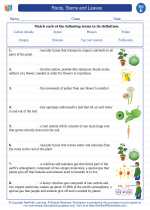Maturation in Biology
Maturation in biology refers to the process of an organism becoming fully developed or mature. This process involves various physical, mental, and emotional changes that occur as an organism grows and reaches its full potential.
Physical Maturation
Physical maturation involves the development of the body and its systems. This includes changes such as growth in height, weight, and muscle mass, as well as the development of sexual characteristics during puberty.
Mental and Emotional Maturation
Maturation also encompasses mental and emotional development. This includes the maturation of the brain and cognitive abilities, as well as the development of emotional regulation, empathy, and social skills.
Factors Affecting Maturation
The rate and extent of maturation can be influenced by various factors, including genetics, nutrition, environment, and overall health. For example, individuals with certain genetic predispositions may mature at different rates than others, and a lack of proper nutrition can delay or impair maturation.
Study Guide
- Define maturation in biology.
- Explain the physical aspects of maturation.
- Discuss the mental and emotional aspects of maturation.
- Identify factors that can affect the process of maturation.
- Compare and contrast the maturation process in different organisms.
By understanding the process of maturation and its various aspects, we can gain insights into the biological and psychological development of living organisms.
[Maturation] Related Worksheets and Study Guides:
.◂Science Worksheets and Study Guides Fifth Grade. Roots, Stems and Leaves

 Activity Lesson
Activity Lesson
 Worksheet/Answer key
Worksheet/Answer key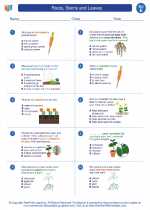
 Worksheet/Answer key
Worksheet/Answer key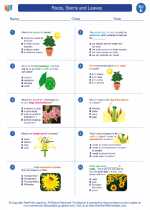
 Worksheet/Answer key
Worksheet/Answer key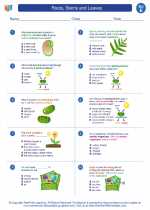
 Worksheet/Answer key
Worksheet/Answer key
 Vocabulary/Answer key
Vocabulary/Answer key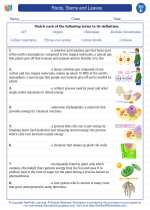
 Vocabulary/Answer key
Vocabulary/Answer key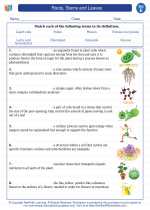
 Vocabulary/Answer key
Vocabulary/Answer key